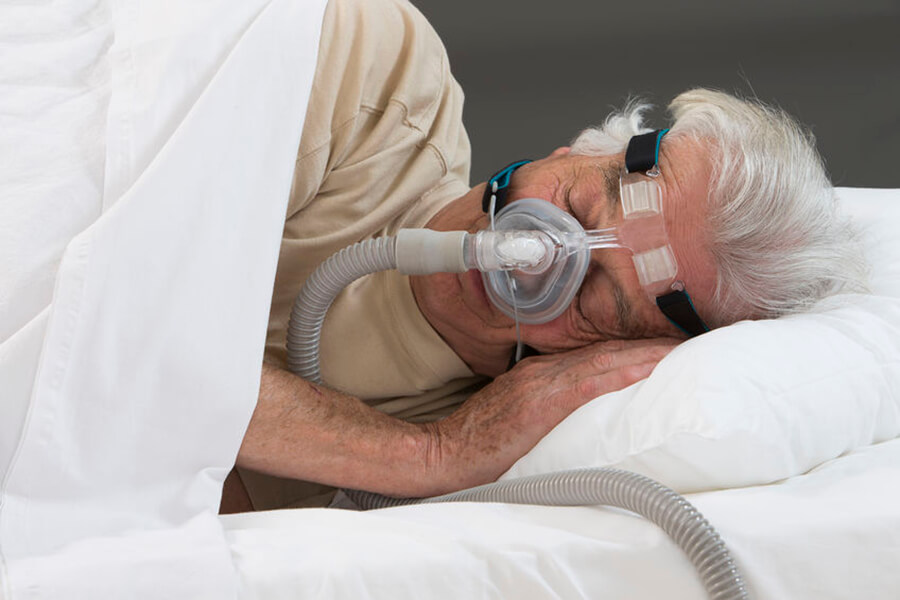Amyloid plaque in the brain is a sign of Alzheimer’s disease. Researchers have determined that plaque spreads the same way in people with obstructive sleep apnea (OSA).
What does this mean if you have OSA?
Obstructive sleep apnea happens when the upper airway is somehow blocked during sleep. There are several causes of apnea including the tongue covering the airway, obesity, neck circumference, smoking, and alcohol/drug use.
Researchers have been completing studies to locate the connection to Alzheimer’s because they know the diseases are related.
“We know that if you have sleep apnea in mid-life, you’re more likely to develop Alzheimer’s when you’re older and if you have Alzheimer’s you are more likely to have sleep apnea than other people your age,” explained Professor Stephen Robinson from RMIT University.
C-PAP use does not prevent plaque
Using a CPAP (continuous positive airway pressure) will not stop or ward off the amount of plaque that is found in the brain. The plaque build-up was found to be stronger in persons with severe sleep apnea.
Other research teams have found that patients with OSA develop Alzheimer’s disease because of nocturnal hypoxia (the drop in oxygen saturation as you sleep) and sleep fragmentation.
Remember, while there is a connection, OSA has not been determined to be the specific cause of Alzheimer’s at this time.
Take precautionary steps
Sleeping less than 6 hours a night is detrimental to your health. Work on steps to increase the hours you sleep and if you do need a C-PAP, keep using it to keep your oxygen saturation high. Work on cutting back on unhealthy snacks, smoking, and alcohol to improve your odds.
If your partner has told you that you are snoring, seek out your medical provider and see if you should be tested for OSA.

